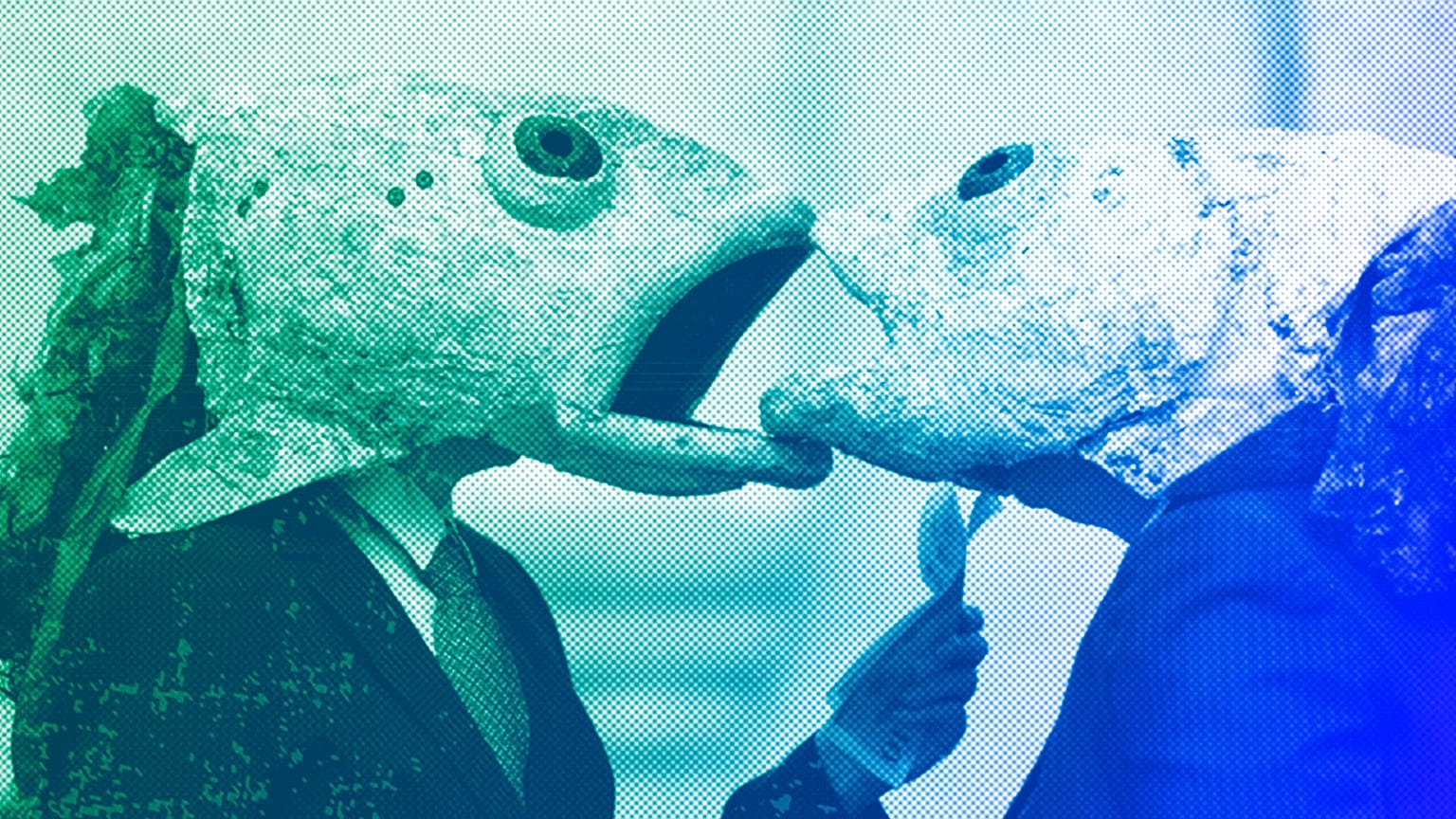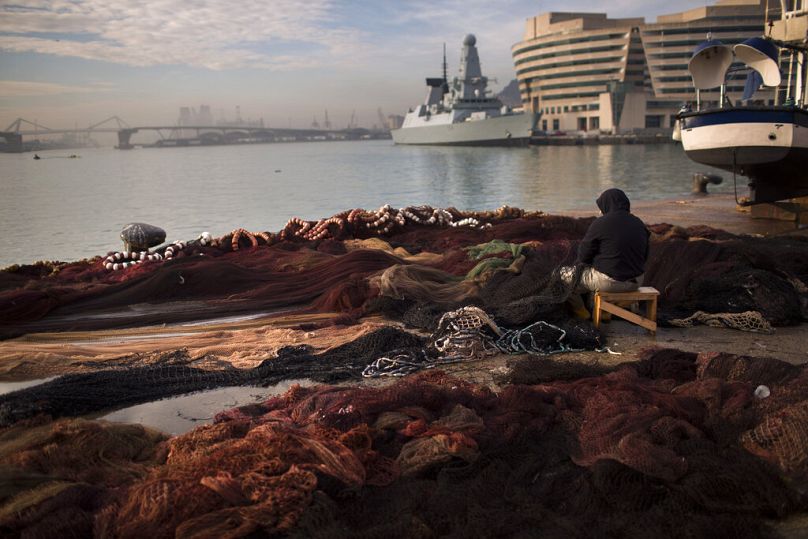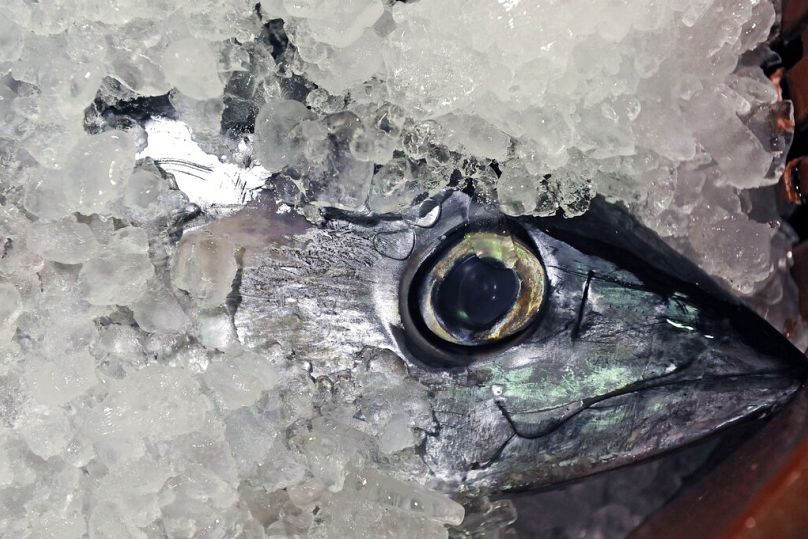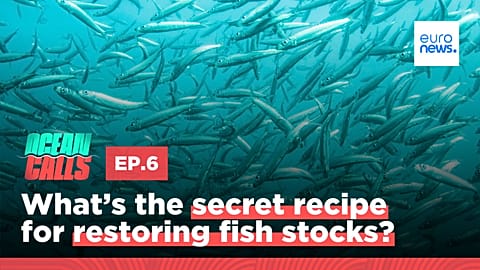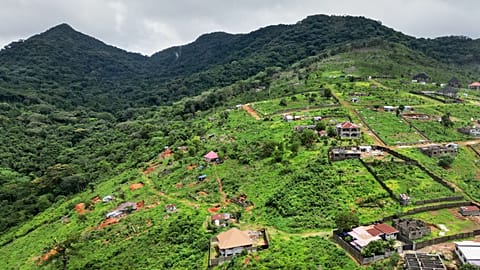As the UK and the EU are setting fishing quotas for 2024, we must end overfishing or risk marine collapse and its devastating consequences for communities and wildlife, Hugo Tagholm and Dr Callum Roberts write.
The UK and European seas are under siege. Every day, they face a fresh onslaught: raw sewage flowing out over beaches, oil spills both large and small, marine heatwaves, habitat destruction, and plastic, chemical and fertiliser pollution.
 ADVERTISEMENT
ADVERTISEMENT
 ADVERTISEMENT
ADVERTISEMENT
On top of all this, there is a form of industrial extraction carried out on a scale that puts populations, species and entire food webs at risk: overfishing.
Today, over a third — 34% — of UK fish populations are overfished, and a quarter have declined to a ‘critical’ condition.
Some, such as West of Scotland cod, have reached a state of crisis so extreme that the independent fisheries advisory body, the International Council for the Exploration of the Sea (ICES), has advised urgently ending all fishing of these stocks.
Meanwhile, in the EU, the Mediterranean is one of the most overfished seas in the world, ravaged by damaging fishing practices like bottom trawling. Currently, over 70% of assessed stocks are fished outside biologically sustainable limits.
This dire situation for our seas is not driven by illegal fishing or quota fiddling, it is the result of governments — wooed by industry lobbying — disregarding scientific advice and setting catch limits too high to sustain healthy fisheries. In short, this is driven by a dangerous focus on short-term profits compounded by poor leadership.
Why now?
Overfishing is not a new issue — this tragedy has been playing out for some time across Europe.
Between 1987 and 2011, a staggering 68% of annual catch limits were set above sustainable limits for 11 key EU fish stocks, research showed.
But although scientists and campaigners have been warning of the consequences of our rampant exploitation for decades, time is now running out to protect our oceans.
UK and EU seas are facing unprecedented threats. This summer saw marine heatwaves, the like of which had never been seen before, rip through our waters like a wildfire through a forest.
British seas in particular are a "hotspot" of the marine global heating crisis — one of 20 sites globally that have warmed the fastest over the past 50-plus years. Changes in the distribution and breeding of our fish are already taking place — with unknown consequences for the wildlife and coastal economies that rely on them.
A healthy ocean would have a realistic chance at adapting to these pressures — its rich diversity and reserves would provide flexibility and resilience.
But not an ocean that has been used as a dump for sewage and agricultural pollution, that has lost vital habitats to destructive bottom trawling, and that has been overfished to crisis point.
If we leave our ocean in this state, it will have nothing left to give.
Fisheries for the future
Right now, the UK and the EU are setting the total allowable catches for 2024, and while each fish population must be carefully analysed, there is a simple, golden rule that will safeguard our fisheries: follow the science and safeguard our seas.
The UK and EU must urgently commit to setting catch quotas at strictly sustainable limits that are rigorously in line with independent scientific advice.
Both EU and UK governments are perfectly capable of implementing such management — and it has proven highly successful for countries such as Iceland, whose fisheries are in better health than our own.
Working with respect for our natural world, and future generations, negotiators from both London and Brussels could transform the annual political circus of fisheries quota setting into a completely different discussion.
We could seize the opportunity to let our seas bounce back to the thriving abundance of life they once were, rather than playing a shameful part in their destruction.
We like to think of our ocean as infinite, but the truth is, it cannot stand this industrial-scale exploitation.
Protecting and restoring our seas will pay us back many times over: in long-term jobs for coastal communities, a stable climate, thriving marine wildlife and productive, resilient fisheries. Ultimately, if we protect our ocean, it will protect us.
Hugo Tagholm is Executive Director and Vice President of Oceana UK, and Dr Callum Roberts is Professor of Marine Conservation in the Centre for Ecology and Conservation at the University of Exeter.
At Euronews, we believe all views matter. Contact us at view@euronews.com to send pitches or submissions and be part of the conversation.














